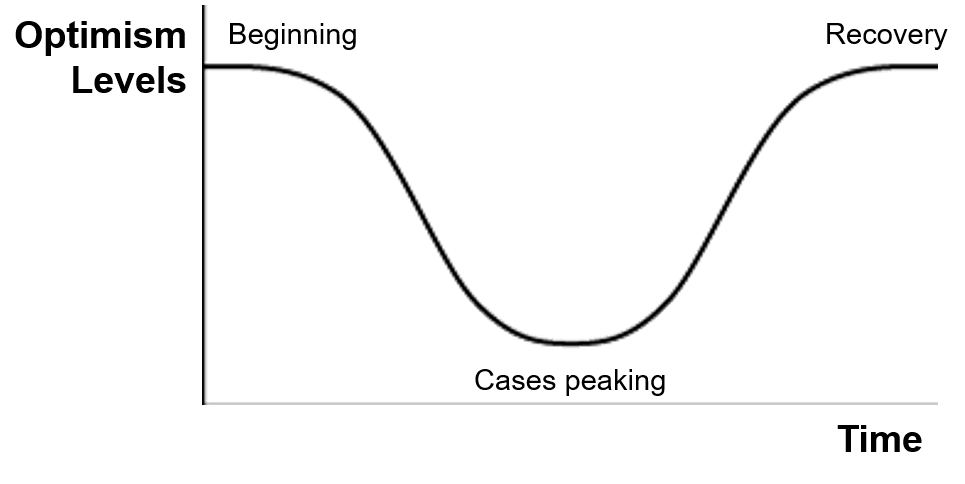I’m sure that by now, most of you reading this would have seen some article about customer behaviour during COVID-19: How people are consuming more news and social media, spending more time online, shopping less for non-essential goods and services, whilst consuming more daily necessities, and so on.
When delving into these articles, I find that most of them reference a single data source: Global Web Index.
So, it is a refreshing take to see that McKinsey has done their own study of Asian consumers in five markets: China, Japan, Indonesia, India and South Korea. This is a great boon for anyone looking to study consumer behaviour during a time as dynamic as this, given that one study alone won’t necessarily be reflective of the wider populace. Plus, I find that perception oftentimes changes as the tone and sentiment of the coverage evolves, based on the on-ground situation. Hence, survey responses as recent as two weeks ago may no longer be relevant.
I won’t dive into the granular findings, as you can easily do that by reading the article (which I highly encourage). But I’d like to share a personal reflection which sprung up to me upon reading and comparing the levels of consumer optimism between the various countries who are all at different stages of their COVID-19 response.
When looking at these datapoints, it’s clear that the levels of consumer optimism are like an inverse bell curve:

If you look at the respondents in the McKinsey survey (done end March), those from countries who were at either ends of the trough – China which was in recovery or Indonesia and India which was at the beginning – were the most optimistic. On the other hand Japan and South Korea – countries who are still undergoing peak case numbers – are mired in the trough of disillusionment and are displaying more negativity in their outlook.
I find this a very a good reflection, because much of how we (as consumers) see the situation, and hence – how we advise our clients or stakeholders (as professionals) – is likely to be also influenced by our optimism and how we feel about the crisis. It’s good to be conscious that people in many countries are as of mid-April (like me here in Singapore) reaching the trough of disillusionment due to the fact that our country’s case numbers are climbing. Whilst media in Singapore are more willing to toe the government messaging line, we aren’t seeing the same alignment between state and press in other countries, and hence, the doom-and-gloom perception could be even stronger elsewhere.
As marketing and comms professionals – we will always be called on to give advice about the external market. Whilst doing so, I am trying to remind myself to keep in mind that our outlook will likely change as the situation changes. As a good practice, I try to remember how the situation in China was in February / early March, as examples of grounding my thinking in the long-term without responding to the emotions that may influence my thoughts.
What are your best practices for staying calm and consulting during this time? I’d love to hear from you.

